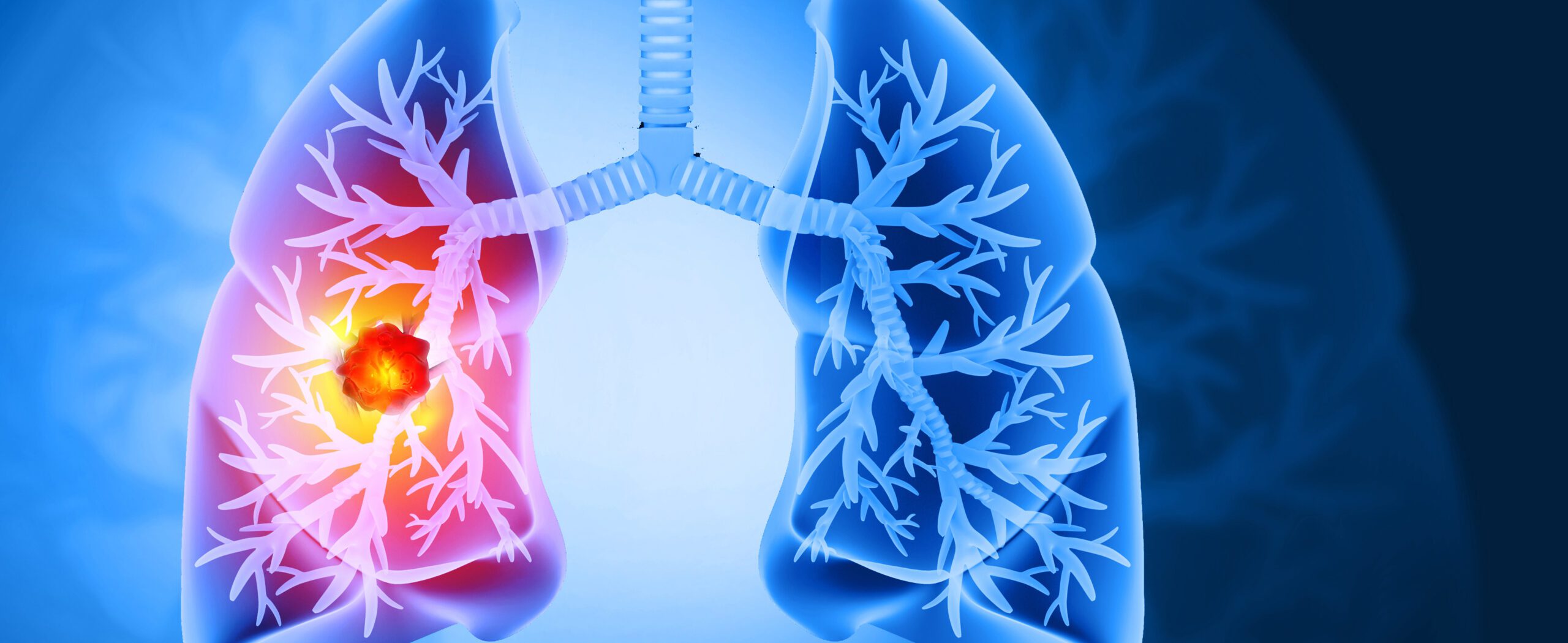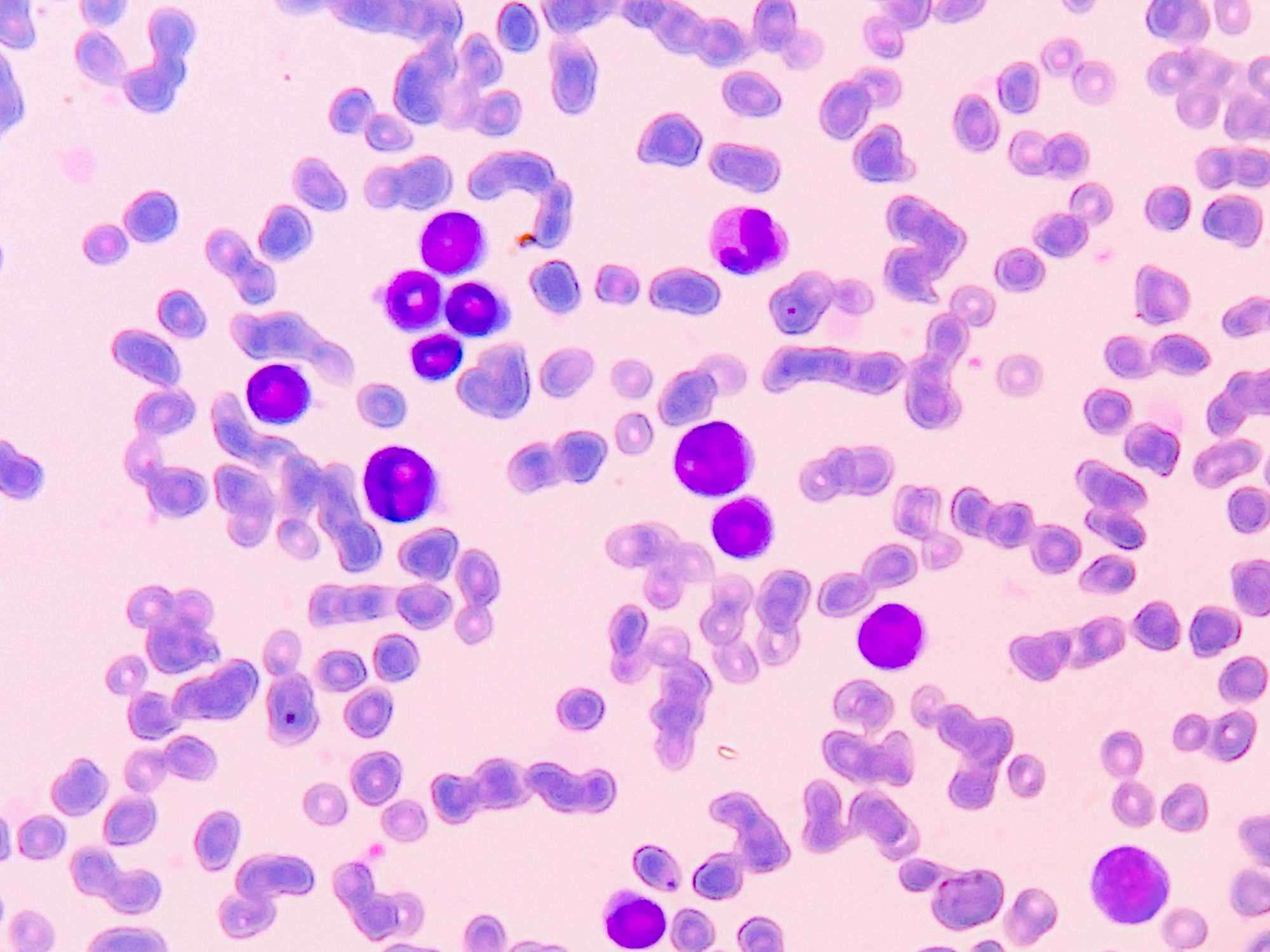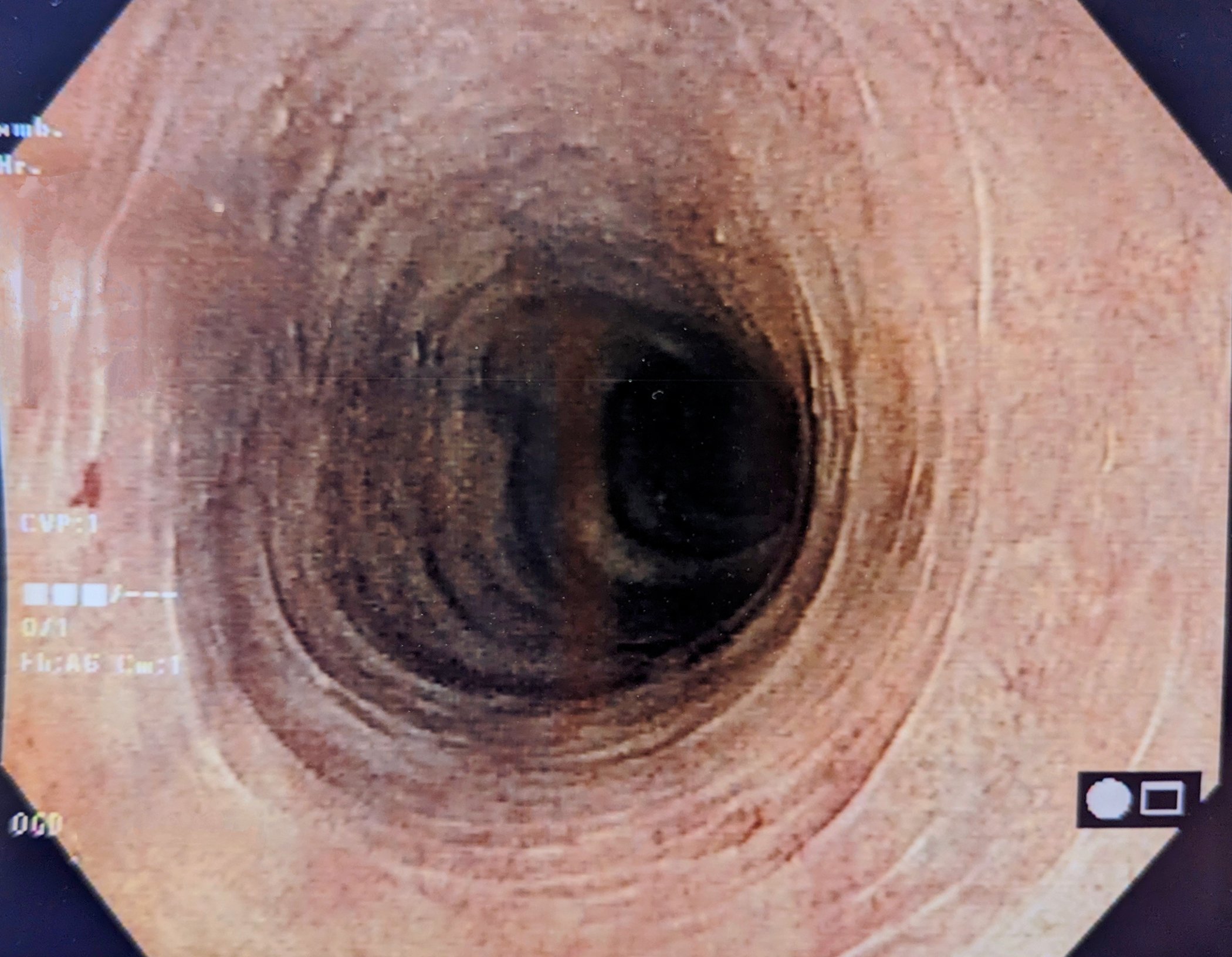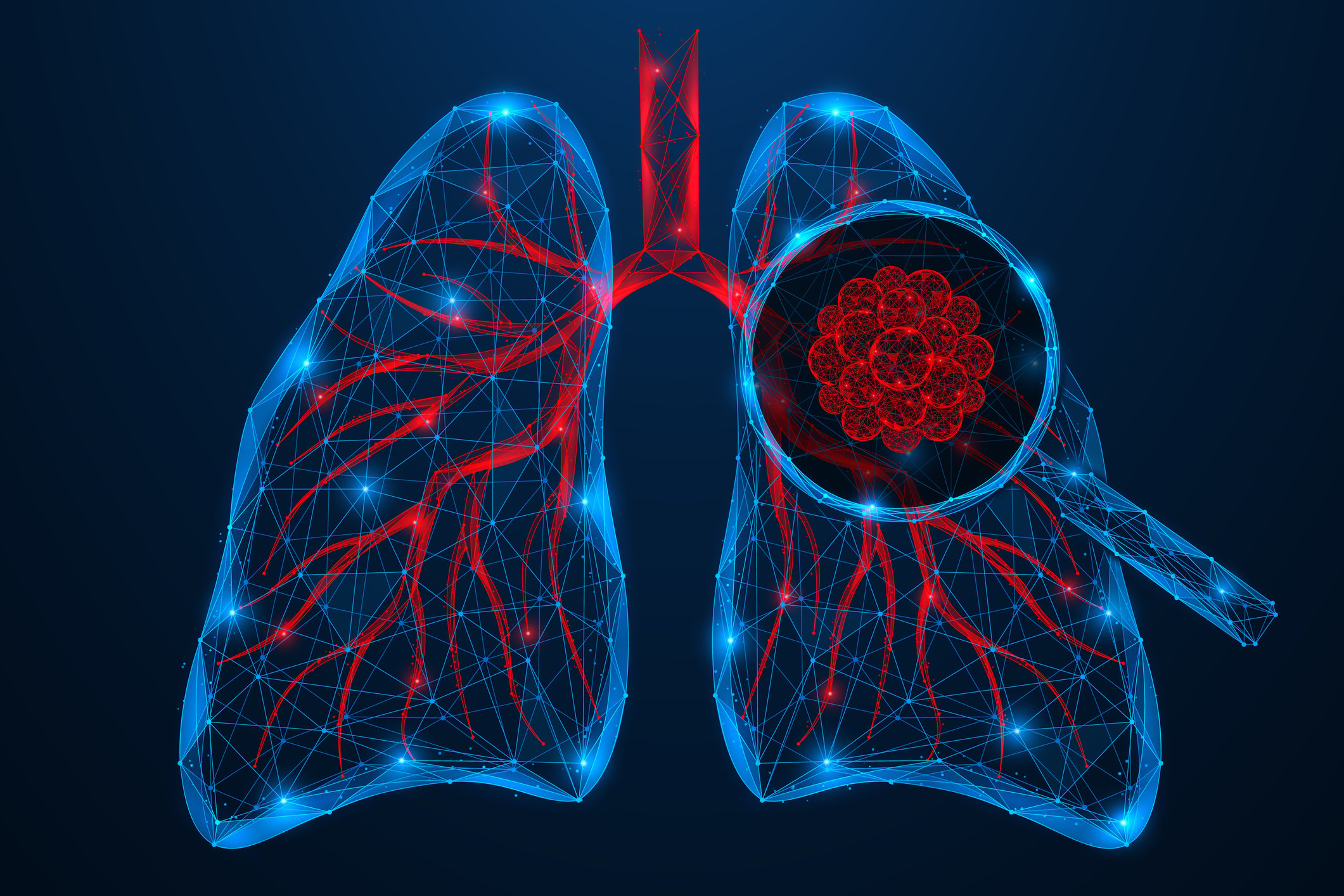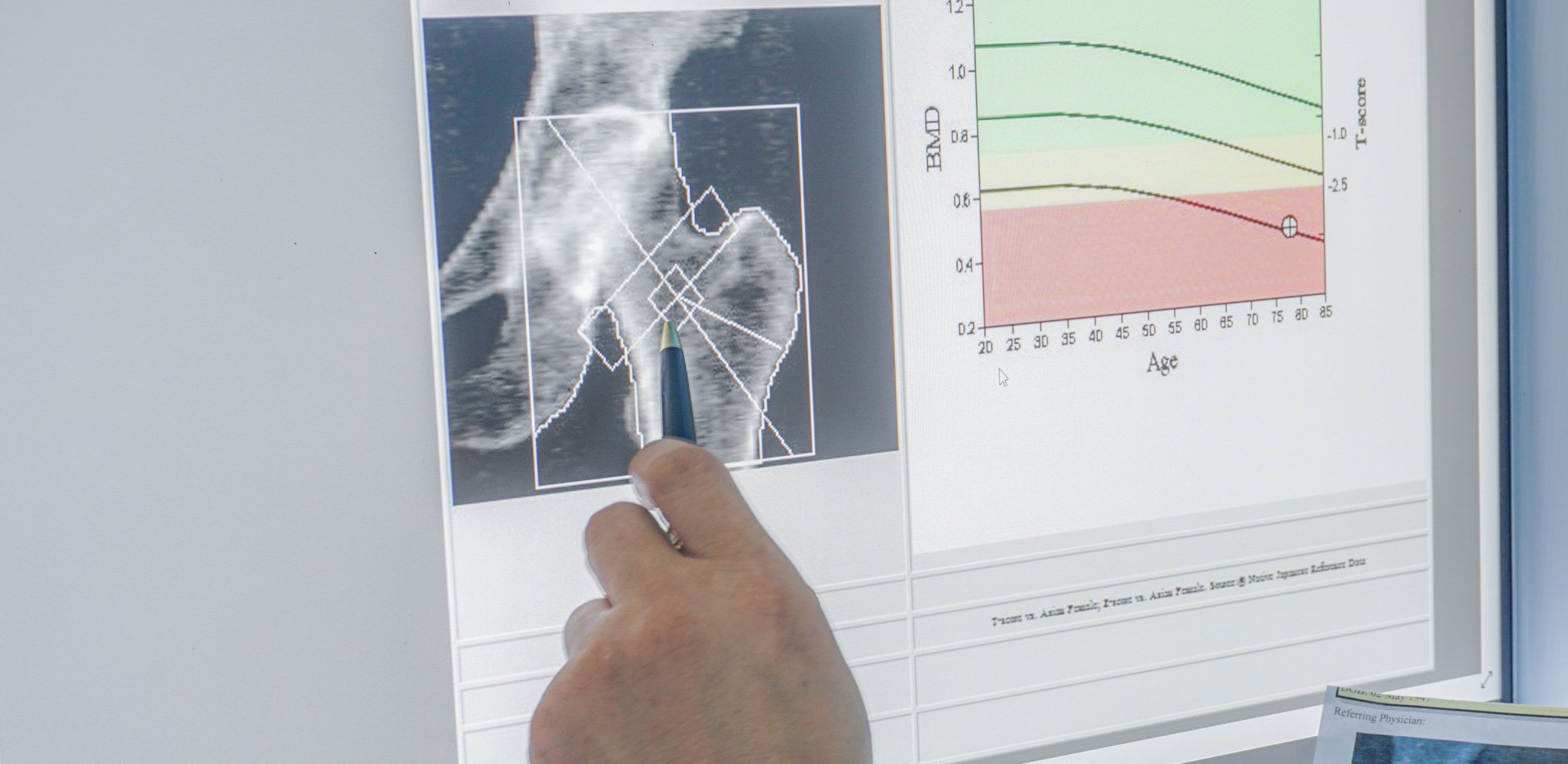Lung cancer is still the leading cause of cancer-related mortality worldwide. In addition to established risk factors such as tobacco consumption and molecular alterations, the interaction between tumors and the nervous system is increasingly coming into focus. Recent data show that neurobiological mechanisms contribute significantly to the development, progression and treatment response of lung cancer. A comprehensive review in Cancer Letters summarizes the current findings and opens up new perspectives for diagnostics and therapy.
Autoren
- Tanja Schliebe
Publikation
- InFo ONKOLOGIE & HÄMATOLOGIE
Related Topics
You May Also Like
- Eosinophilic esophagitis
EoE rarely occurs in isolation
- Lung cancer with EGFR mutation
New perspectives in first-line therapy
- Sleep disorder
Sleep medicine in transition: new goals and a reassessment of old hypnotics
- Ginkgo biloba extract in the Alzheimer's mouse model
Effects on disease-associated microglia subpopulations
- "Patients W.A.I.T Indicator"
Access to medicines – how does Switzerland compare across Europe?
- Osteoporosis
Risk-stratified therapy with osteoanabolic agents improves outcomes
- Adherence in severe or poorly controlled asthma
Digital monitoring with potential for greater treatment adherence
- GLA:D® program for back pain patients

